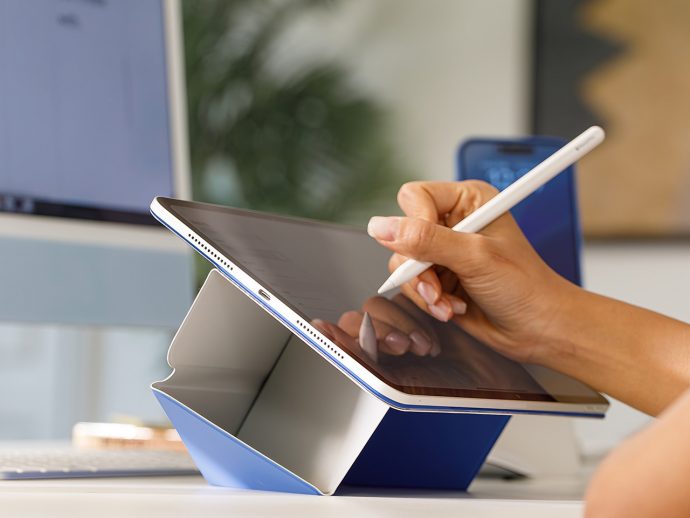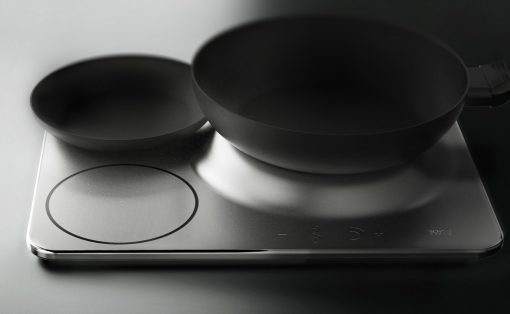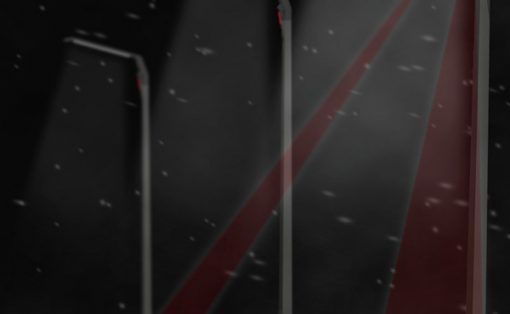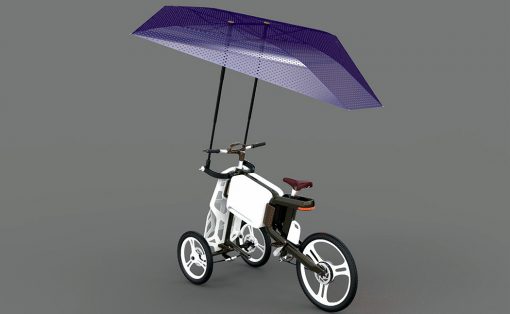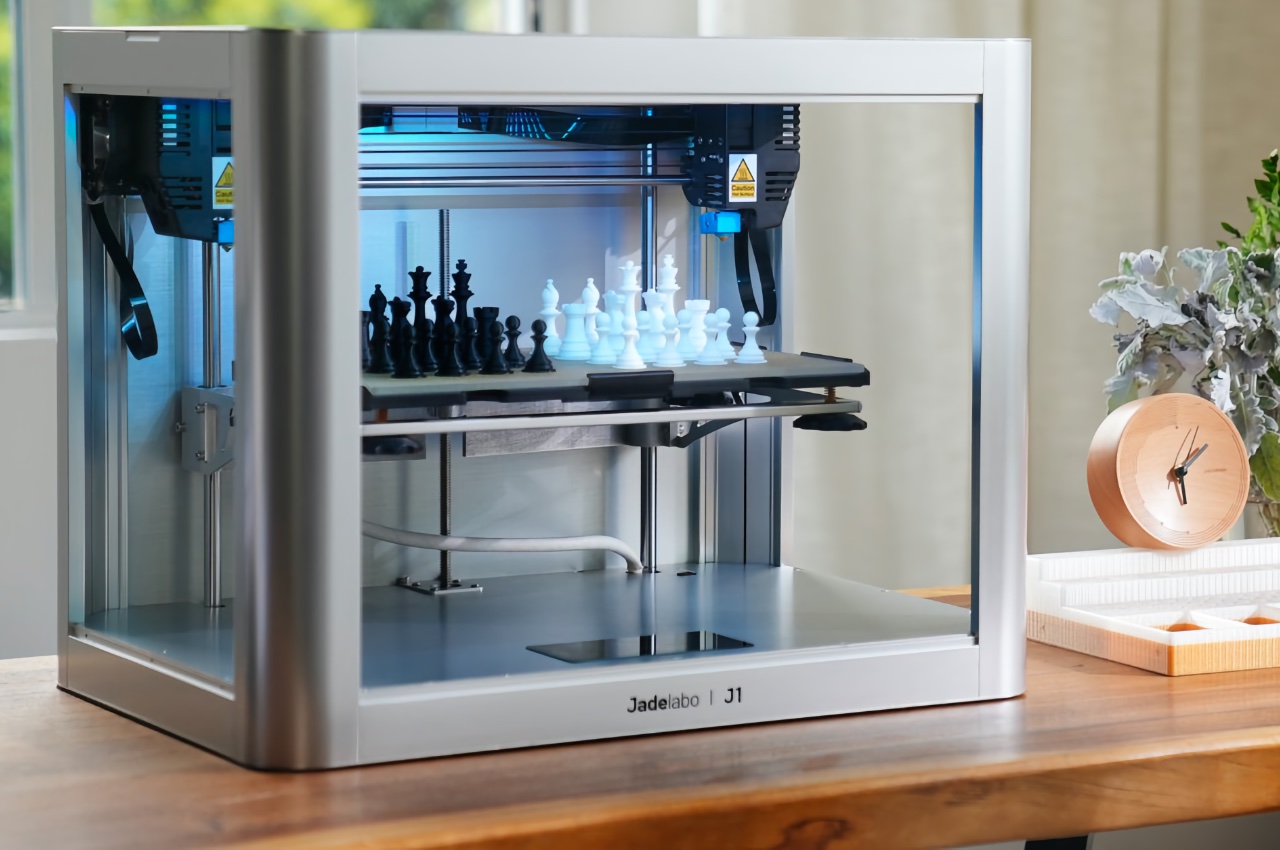
If you have any product designers in your life, then you know that gifting them something is almost always impossible. They usually have everything they need – which basically includes their precious design equipment and gear. But there’s always a product or two in their must-have wish list. They are usually innovative product designs that can really help or support them through their creative process. They add a whole lot of value, and can even make or break their entire design process. And, we’ve curated a whole collection of products that are on every product designer’s secret wish list – making your holiday gift shopping a whole lot easier! You can thank us later.
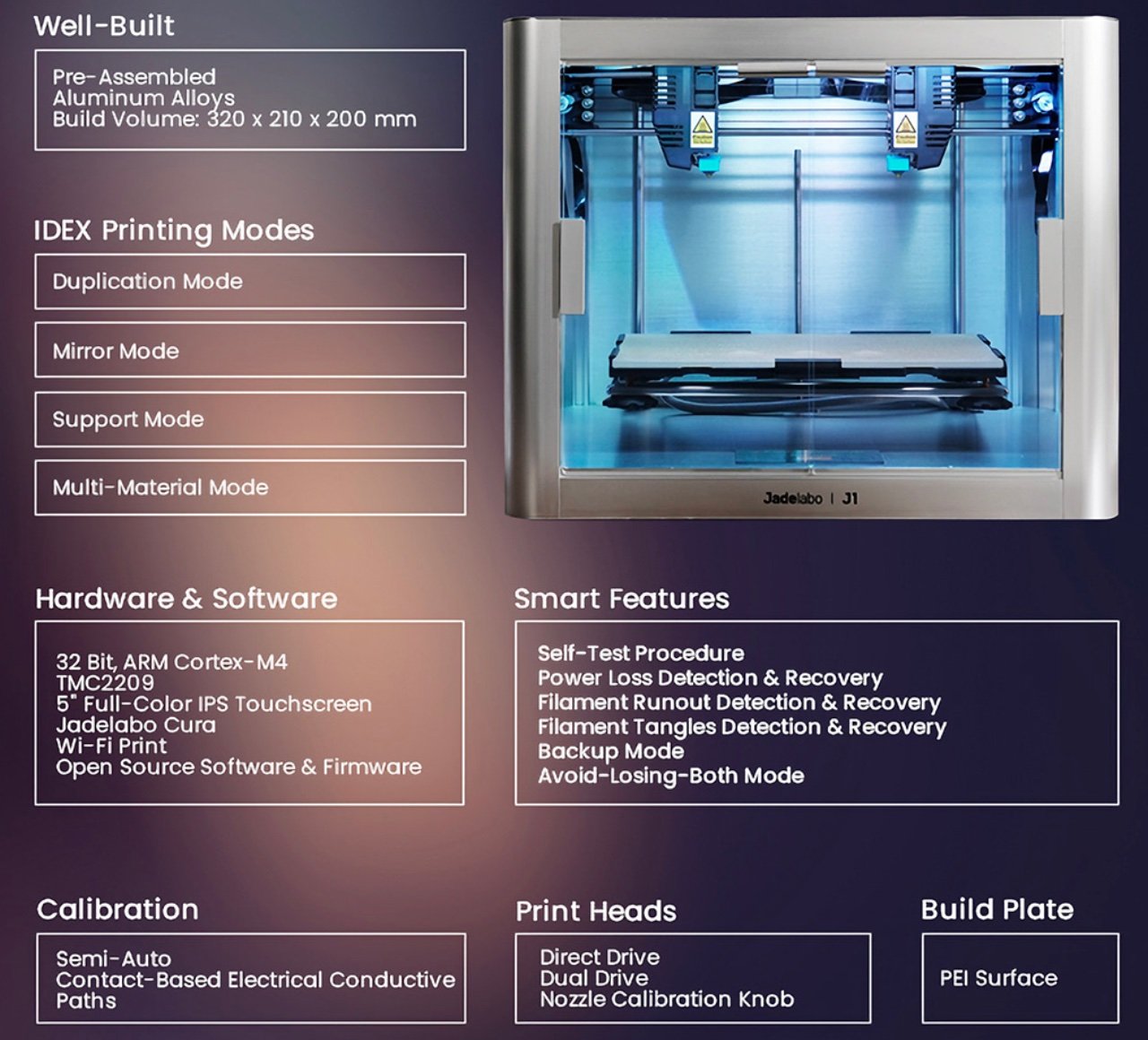
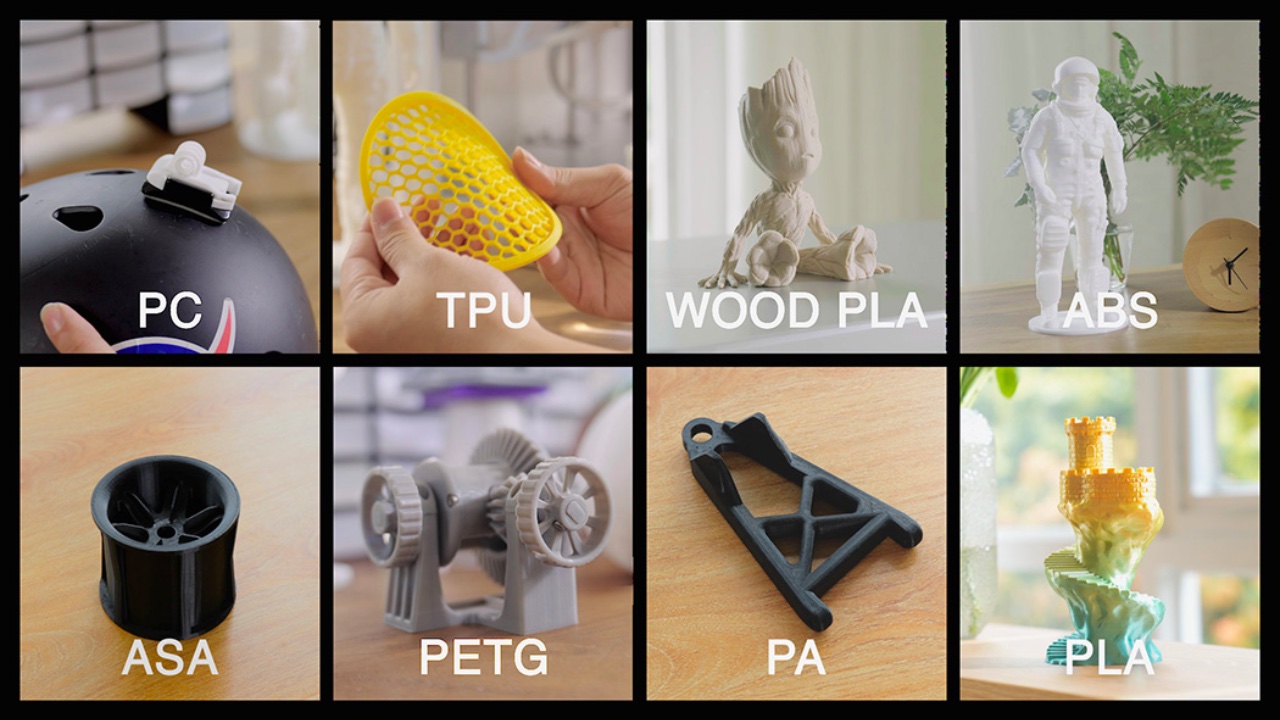
The Jadelabo J1 is quite frankly two 3D printers built into one enclosure. With two extruder heads that can move independently on their own, you can practically print twice as many parts in the same amount of time, speeding up your workflow by 2X. The J1’s dual extruders can work simultaneously, printing two different designs at the same time, or even the same design twice, using its “Duplicate Mode”. If you’ve got a larger, more complex design, you can split it in half and have the J1’s extruders share the workload… and if you’ve got a bilaterally symmetrical print, the J1’s “Mirror Mode” allows you to input one half of a 3D model and have the printer create a mirror image too!
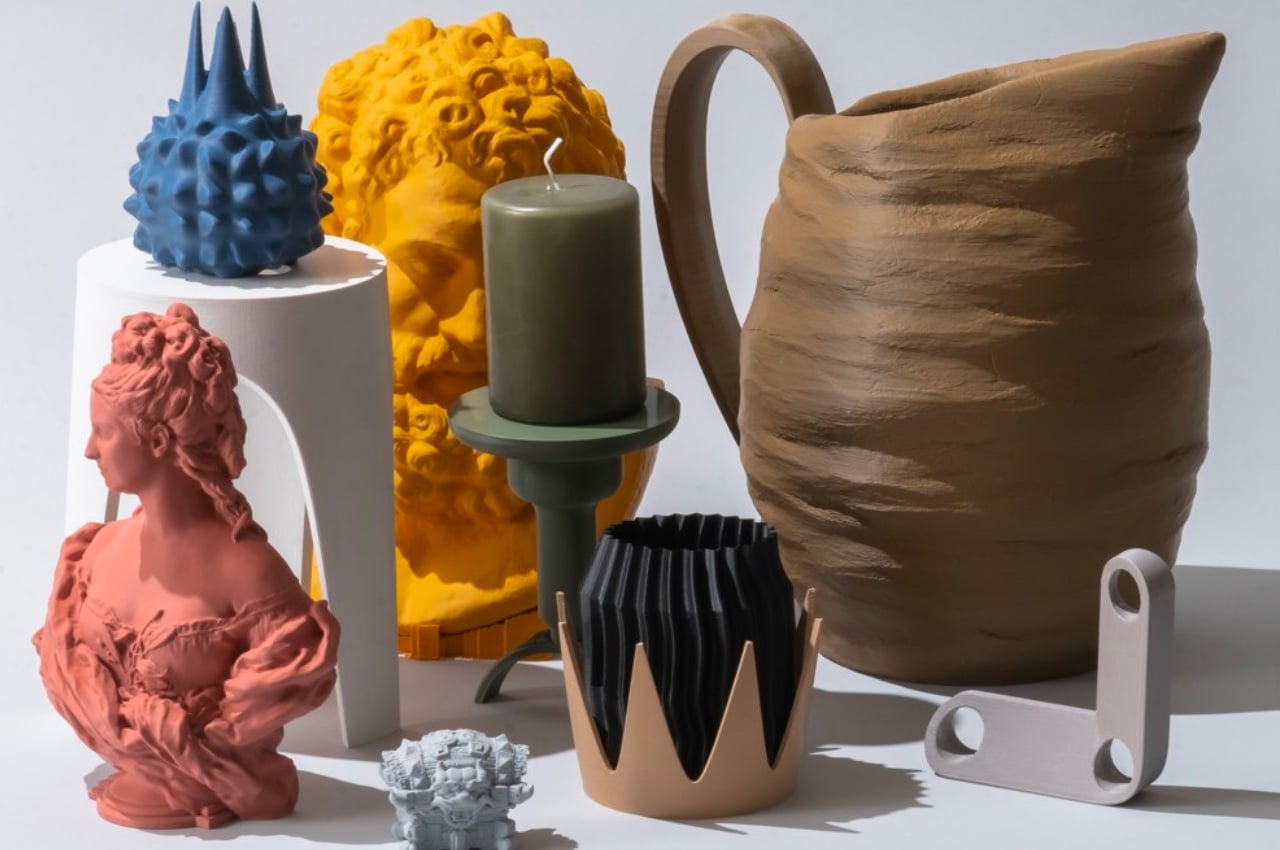

For long, 3D filaments have focused on more technical features, like being able to be printed seamlessly without strands of plastic ruining surface texture, or being easy to remove off your printer’s print-bed… but the guys behind Graft Milk realized what truly was lacking in this particular market. You see, printing filament is just like any art medium. A filament’s quality should not be limited to its physical property, but should also consider an artist’s aesthetic needs. Graft Milk’s PLA filaments come in a beautiful set of pastel colors, unlike off-the-shelf filaments and their standard reds, blues, greens, and blacks. Graft Milk’s filaments are a spectrum of colors that mimic natural materials like terracotta, sandstone, and marble, and are custom-engineered to be printed with a beautiful matte finish, making prints really showcase contours and details beautifully.
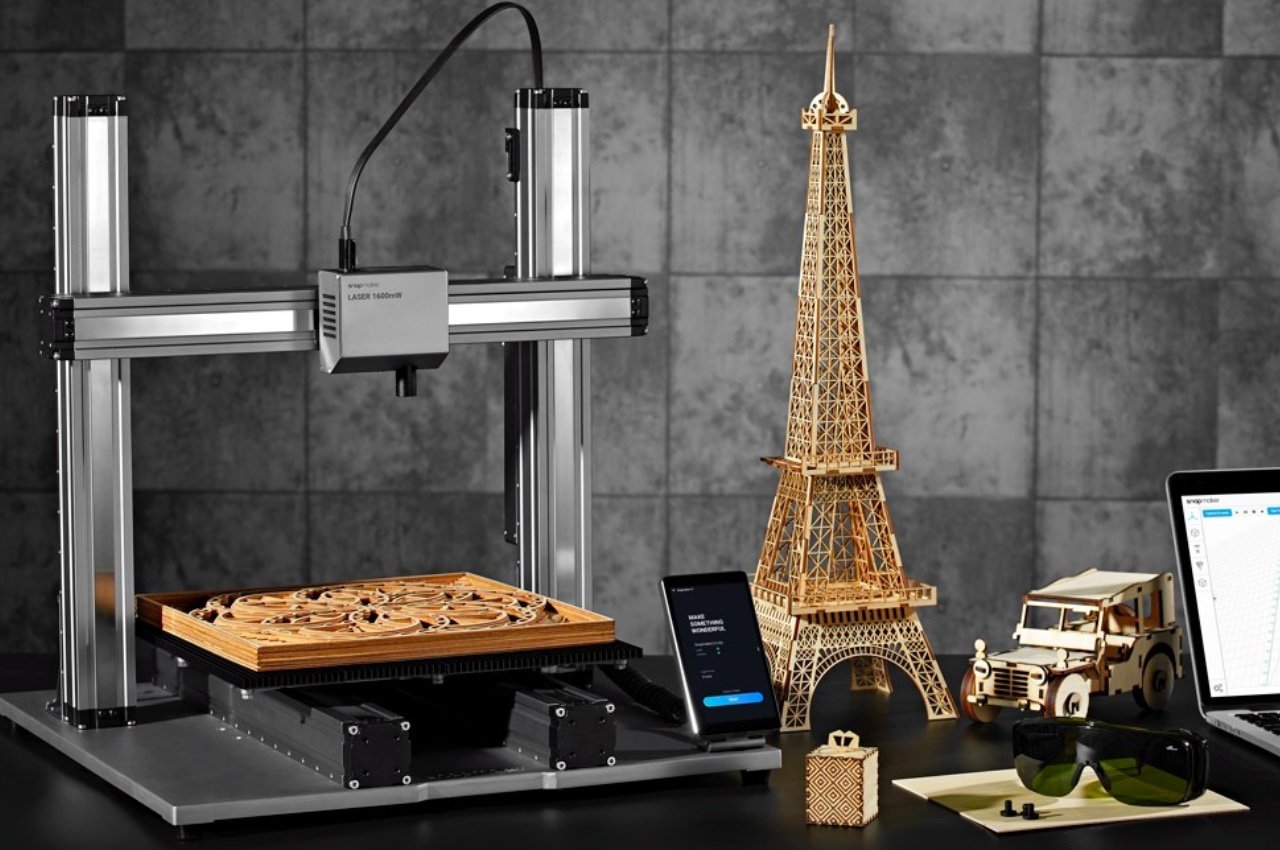

The Snapmaker 2.0 builds on its predecessor’s ability to let you change modules and turn your 3D printer into a laser-engraver, a CNC carver, or even a 4-axis CNC lathe machine. In its second generation, however, the Snapmaker 2.0 boasts of a customizable assembly that lets you build exactly the fabricating tool you need, allowing you to expand or scale it down based on the size of your operation or your workspace, add a protective enclosure, or even addons like an IP Camera or an emergency kill-switch. All of Snapmaker 2.0’s components come precisely machined from an anodized aluminum alloy, giving you a device that’s as robust as it is accurate. The machined components boast of incredibly low tolerances, resulting in precise outputs, and the Snapmaker 2.0’s own firmware like its automatic bed leveling system, or the software, the Snapmaker Luban, which lets you preview laser-patterns and artwork before you etch them, just gives you the extra bit of control you need to create the kind of designs you’ve got in your mind.

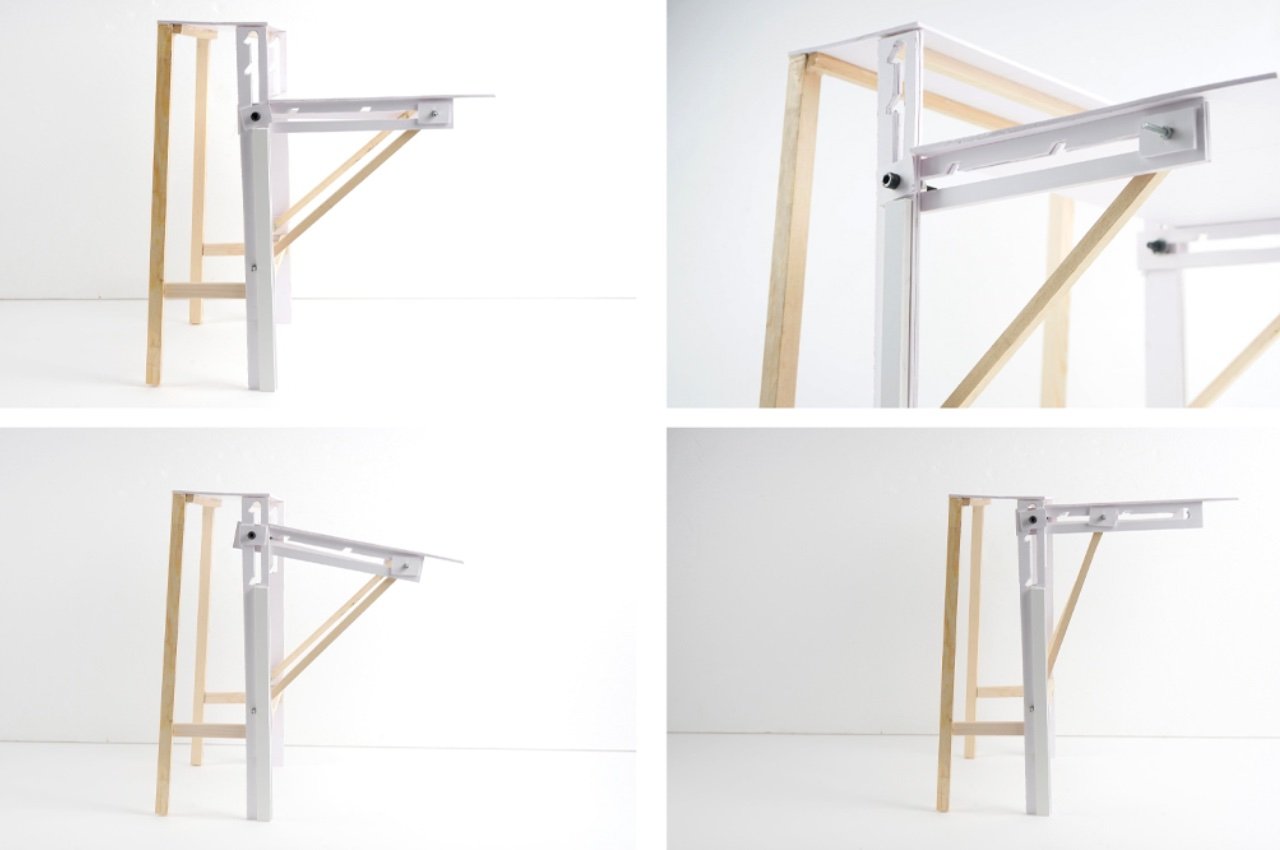
Recognizing the multiple issues that arise with artists, specifically designers, and their desks, Long Chan constructed Lift, a desk that can adjust to meet your needs. From the right angle, Lift almost appears like a heavy-duty, oversized wooden TV tray table, but looking at it head-on, it’s rectified as the designer’s workstation. While my days spent eating chicken noodle soup on a TV tray table while watching Cartoon Network are over, Lift utilizes a sliding mechanism that echoes the same one as the iconic living room staple from yesteryear. In order to assume different shapes, Lift depends on two sliding wooden pegs on both sides. The sliding wooden pegs on Lift’s front legs lower the desk’s working space to assume the shape of a traditional writing desk, with additional storage space is made available in the process, similar to that of a traditional secretary desk. Then, the other sliding wooden peg, placed along the side of the desktop, adjusts the desktop to form a drawing workstation, which sets the working space of the desk at an angle.
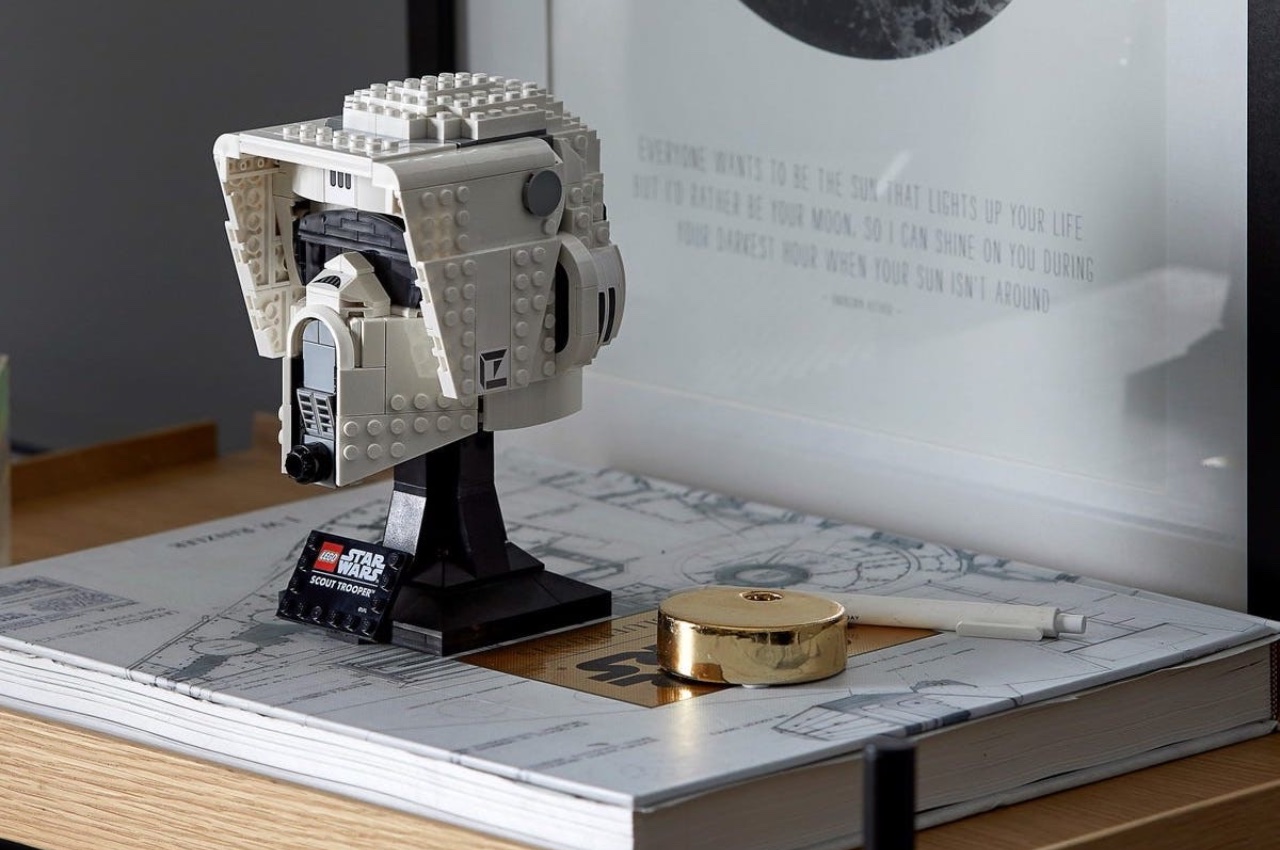
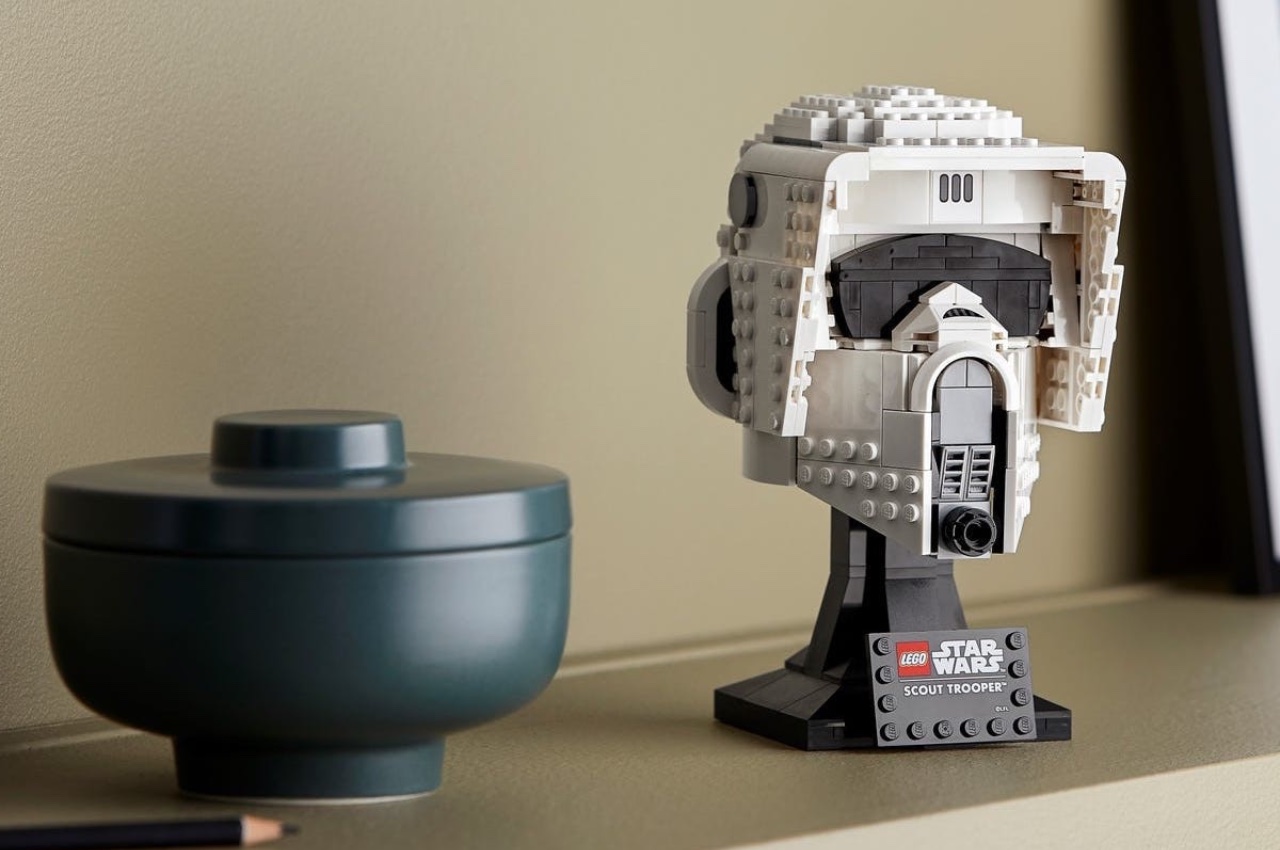
Even product designers need a little break from their constant mental stimulation and creative process. And what better way to de-stress than with LEGO?! The LEGO Star Wars Scout Trooper Helmet lets you put together your own helmet, made from 471 pieces! The kit also comes with a display stand, allowing you to proudly display your LEGO build. The stand even includes a little nameplate, doing true justice to your piece of art. 7 inches tall, 4.5 inches wide, and 4.5 inches deep, this kit puts your LEGO-building skills to the ultimate test!
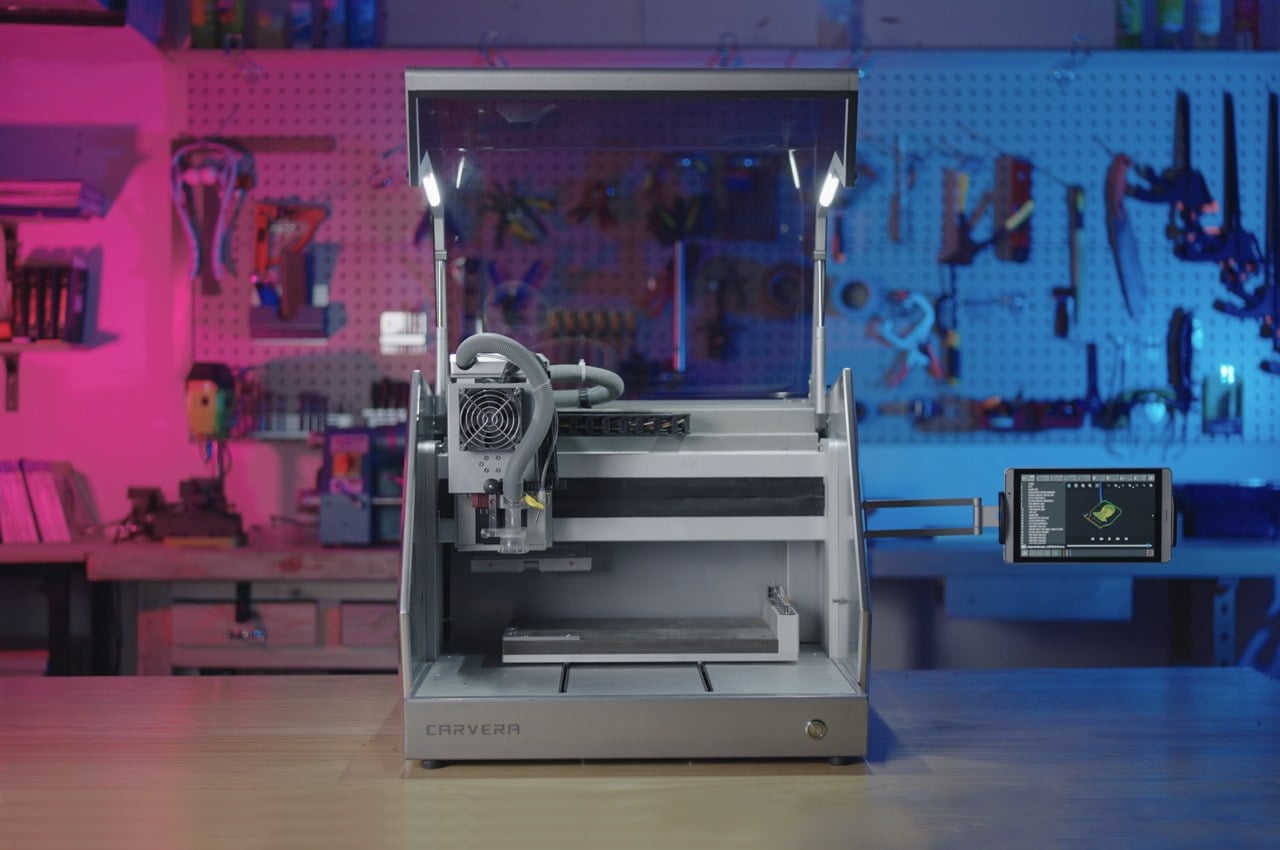
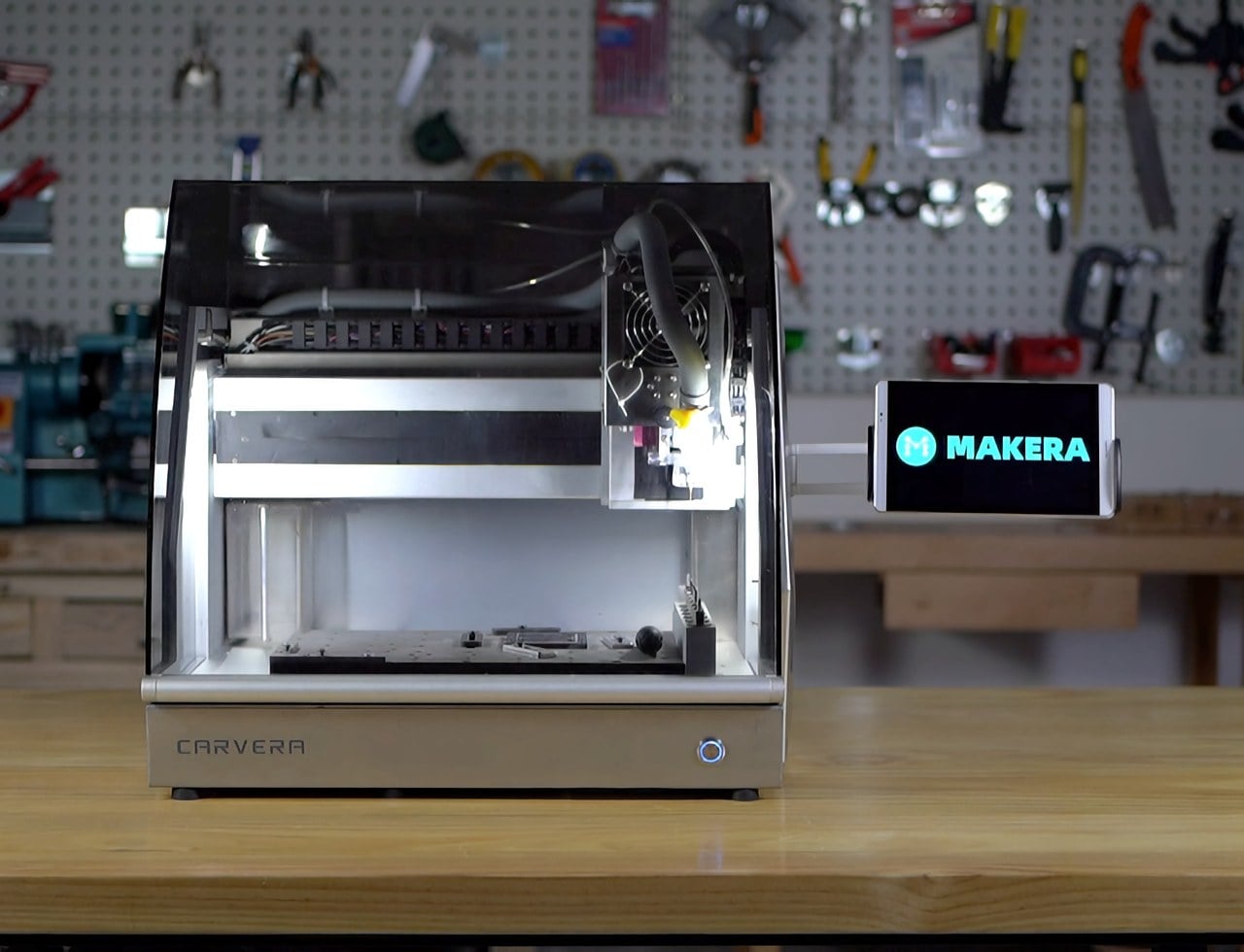
The Carvera ships fully assembled, with a work-area measuring 14.2″ x 9.4″ x 5.5″. It self-levels at the start of every job, and will automatically select the right tool for the right job on its own, calibrating along the way for an accurate end result. The tools at Carvera’s disposal include multiple drill bits from broad to narrow, a probe tool, and even a 2.5W laser etching/cutting module. The Carvera automatically switches between bits and modules based on the job, and a rather clever dust-collection pipe located alongside the spindle sucks in wood chips, plastic dust, and metal shavings/burrs as the machine does its job, keeping the work area clean throughout. The enclosed design helps keep any other fragments or dust particles from littering your area, and cuts out sound too, making Carvera perfect for having within your home or on your workspace.
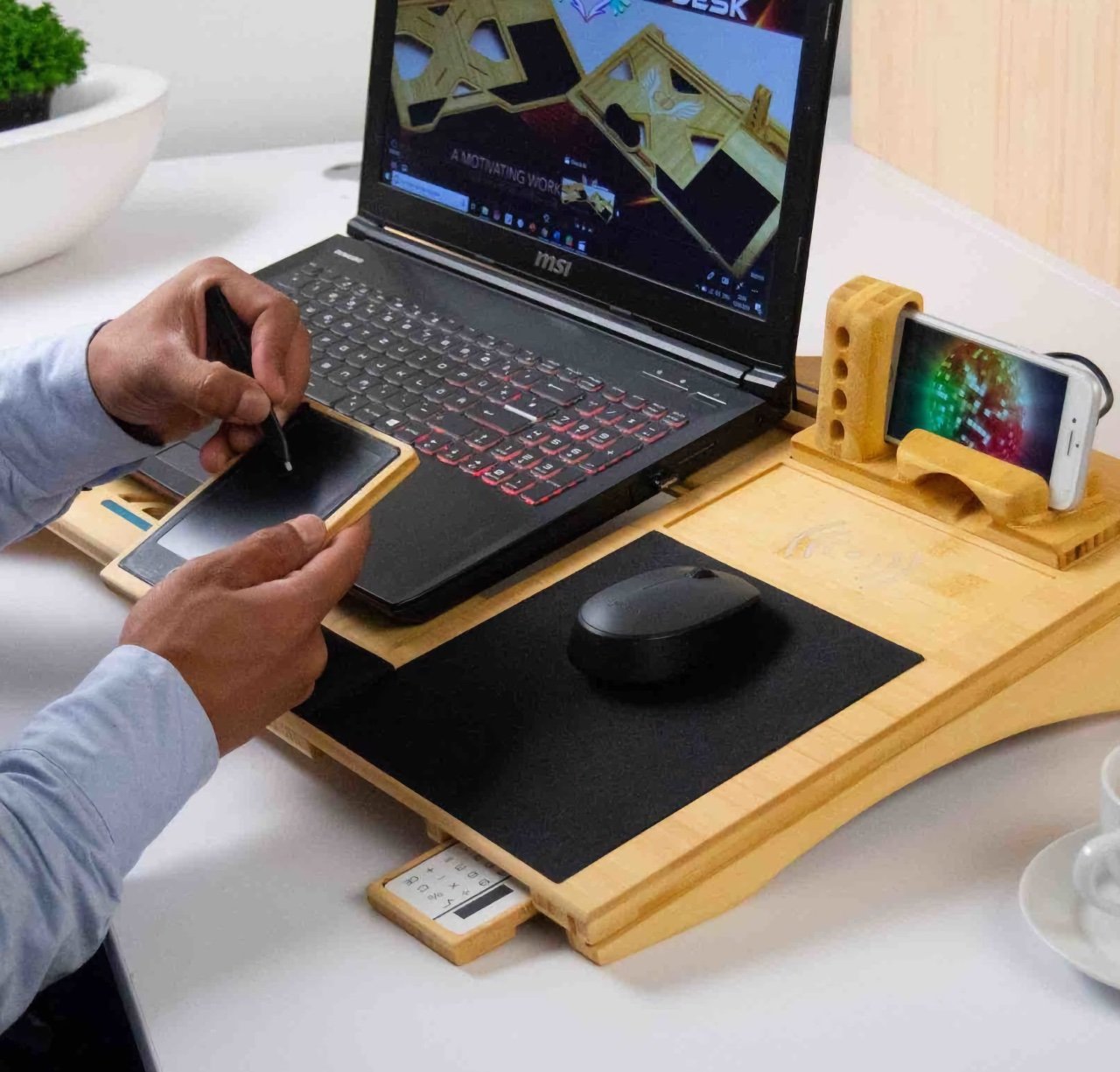
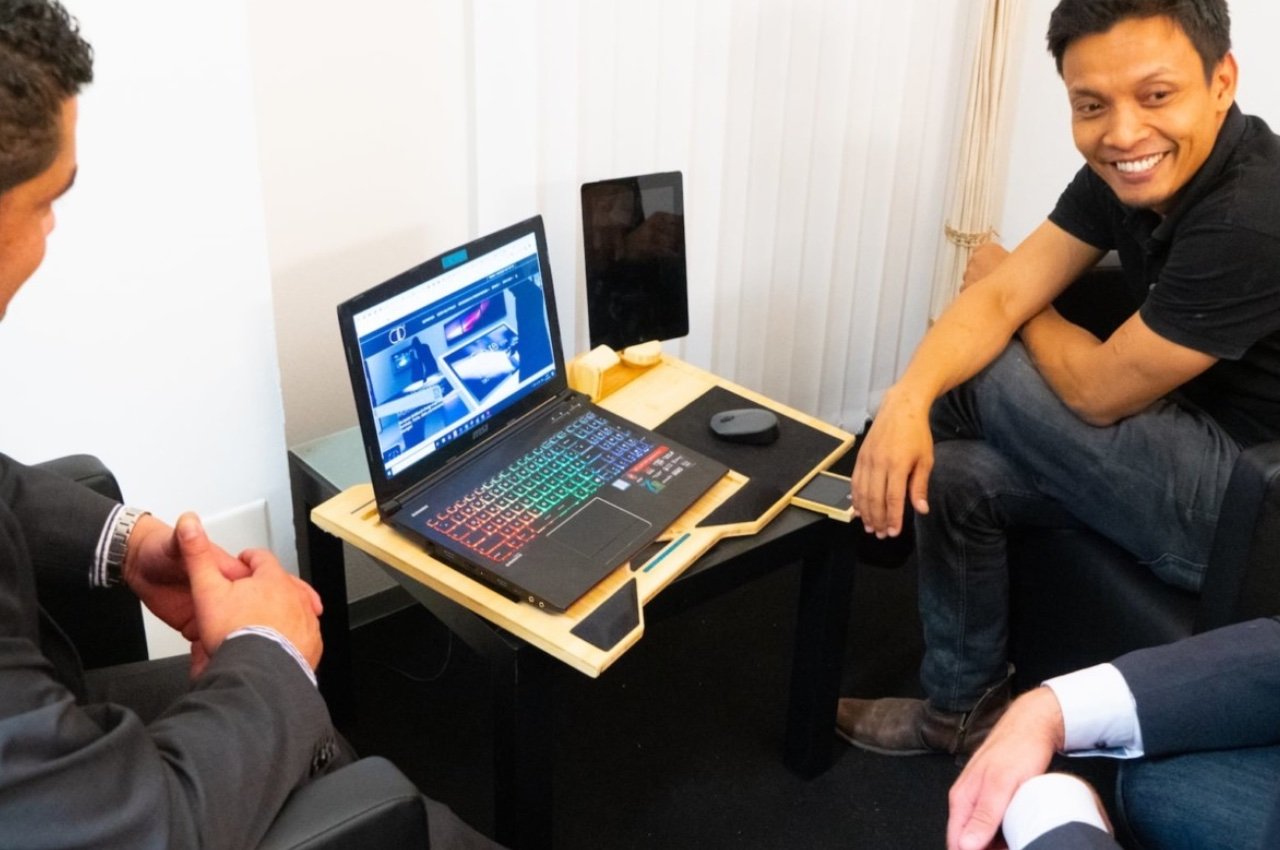
The X LapDesk Multifunctional Lap Desk Workstation promises to improve your daily work productivity! It comes in two interesting models – the X LapDesk B and the X LapDesk G. Created from bamboo plywood, the X LapDesk was designed to be placed onto your lap. It features a comfortable cushion base, built-in mouse pad, fast charger, plug-and-play USB hub, and an ambient light. The X LapDesk B is meant for business, and features a calculator, digital notepad, and wrist pad pillow. Whereas, the X LapDesk G is for gaming purposes, and is amped with hand and wrist sliders, and a built-in storage drawer.
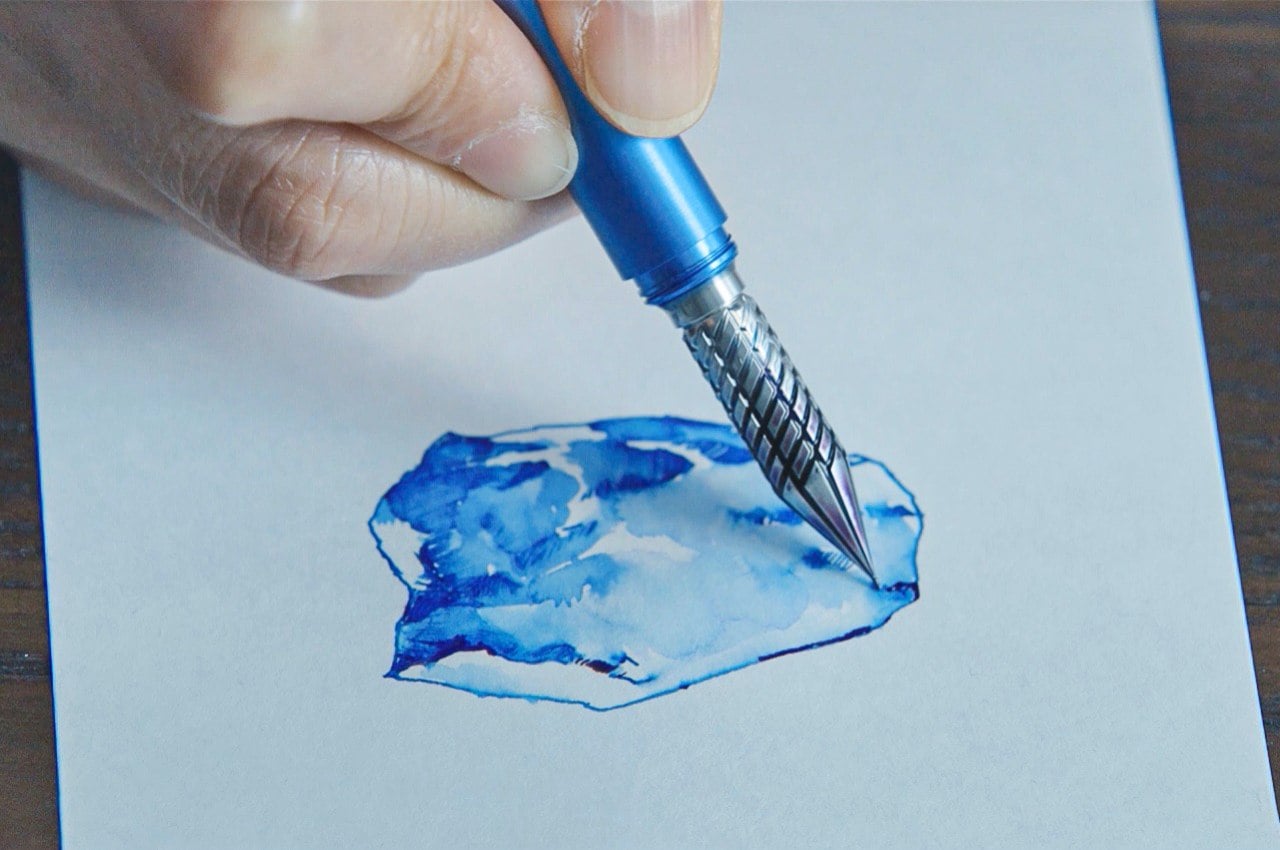

A cross between a brush, a pen, and a quill, the DRILLOG is stationery at its absolute finest. Designed and made in Japan, the dip-pen features a drill-inspired nib that catches ink in its different hollow grooves when you dip it in ink, and the ink gradually travels down to the tip by virtue of gravity, giving you a new, elevated writing experience that doesn’t just translate to great penmanship on paper, it’s also a sheer pleasure to look at as the ink gathers in the nib’s finely machined spiral grooves, and travels down as you write. I like to think of the DRILLOG as a rather steampunk approach to stationery – in that it combines old styles with new technologies, resulting in a fusion of past and future. The DRILLOG dip-pen shifts the idea of an internal refill to the outside, using multiple channels in its metal nib to hold ‘rivers’ of ink that travel to the pen’s metal tip.
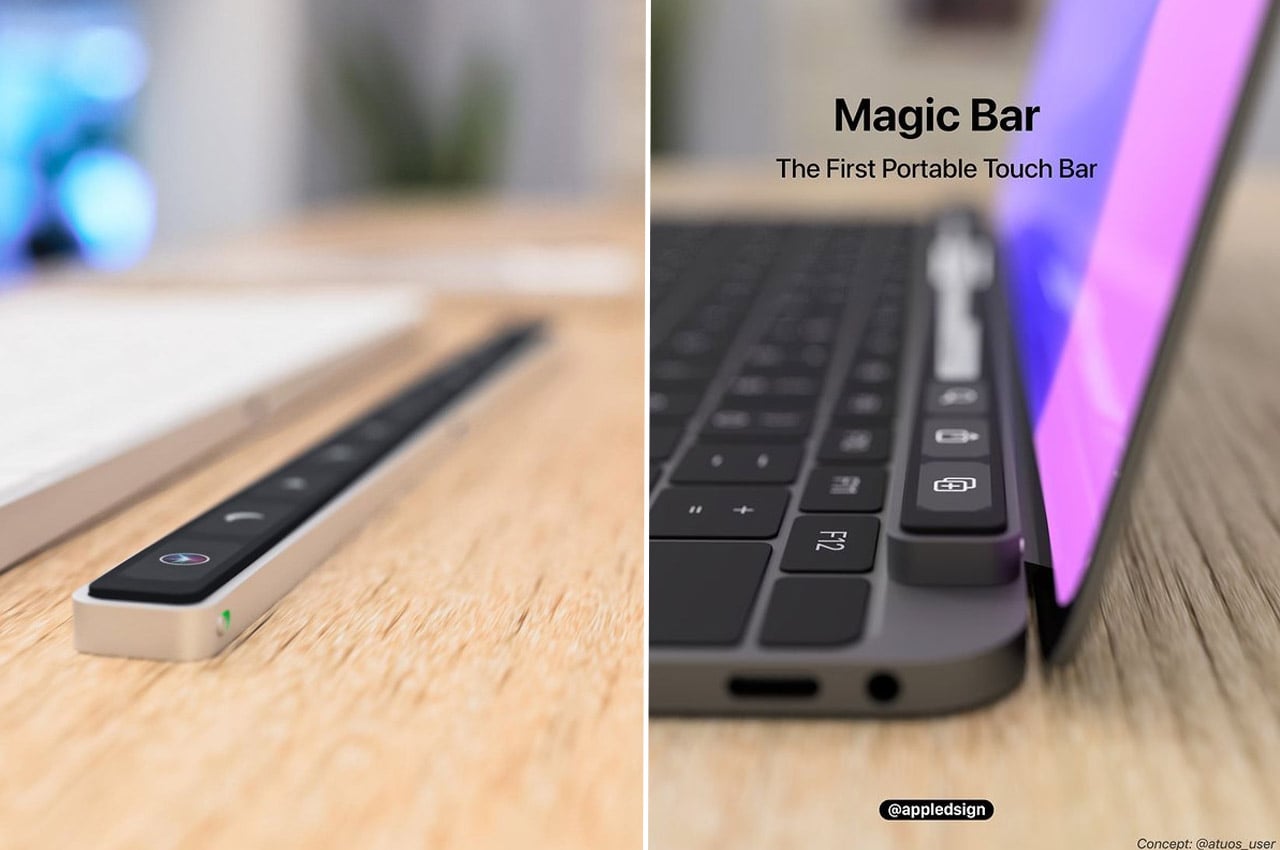
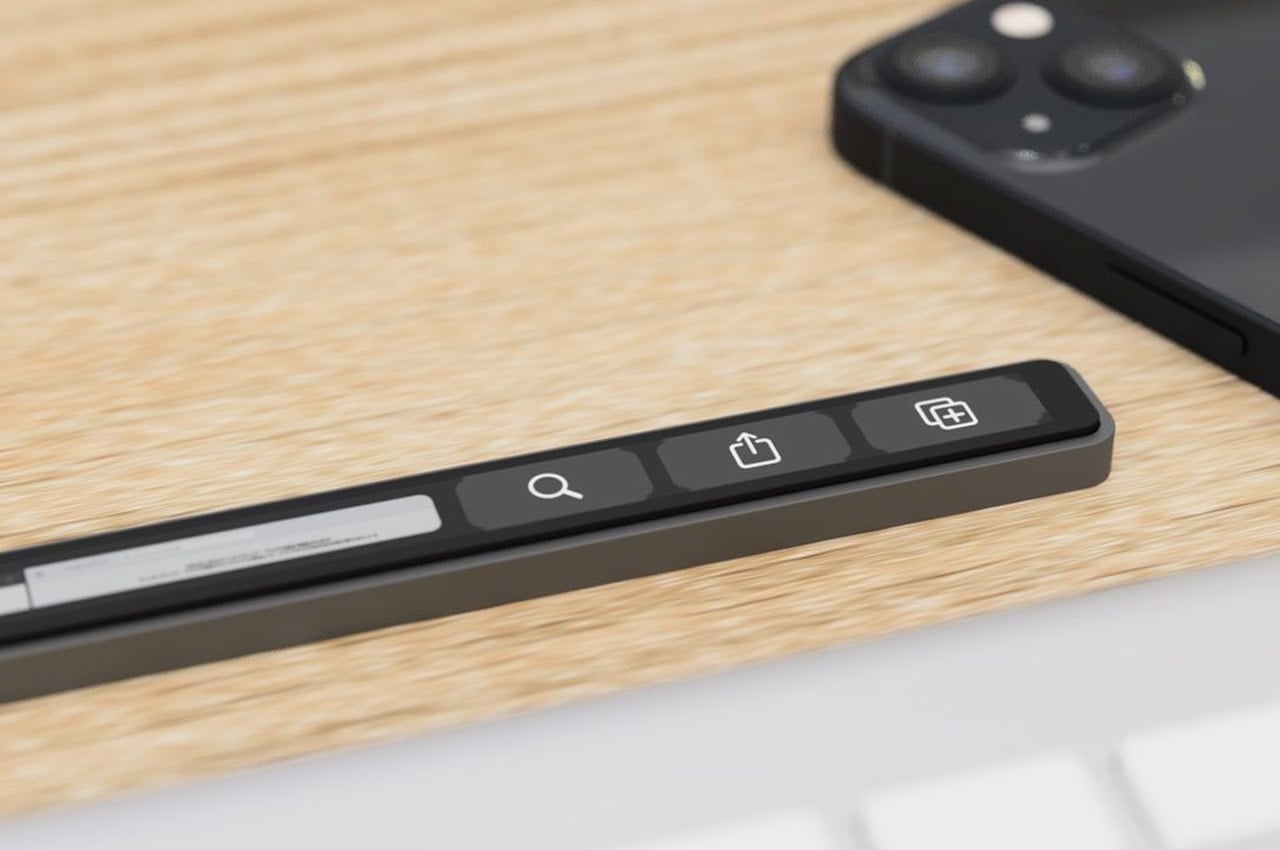
The multi-touch toolbar may be found its way out of the company’s premium laptop lineup, but it still remains a fascination for designers. Extending the Cupertino company’s idea of selling various accessories separate from the primary product, a designer has introduced us to the idea of a Magic Bar, which is nothing but a portable Touch Bar that can be used externally with any Apple (presumably) peripheral. As the renders suggest, this portable toolbar with significantly similar features as the ill-fated Touch Bar, complies with a recognizable design that would align horizontally as the keyboard. And when combined with the new iPhone may be, it could allow smart home shortcuts always in reach.
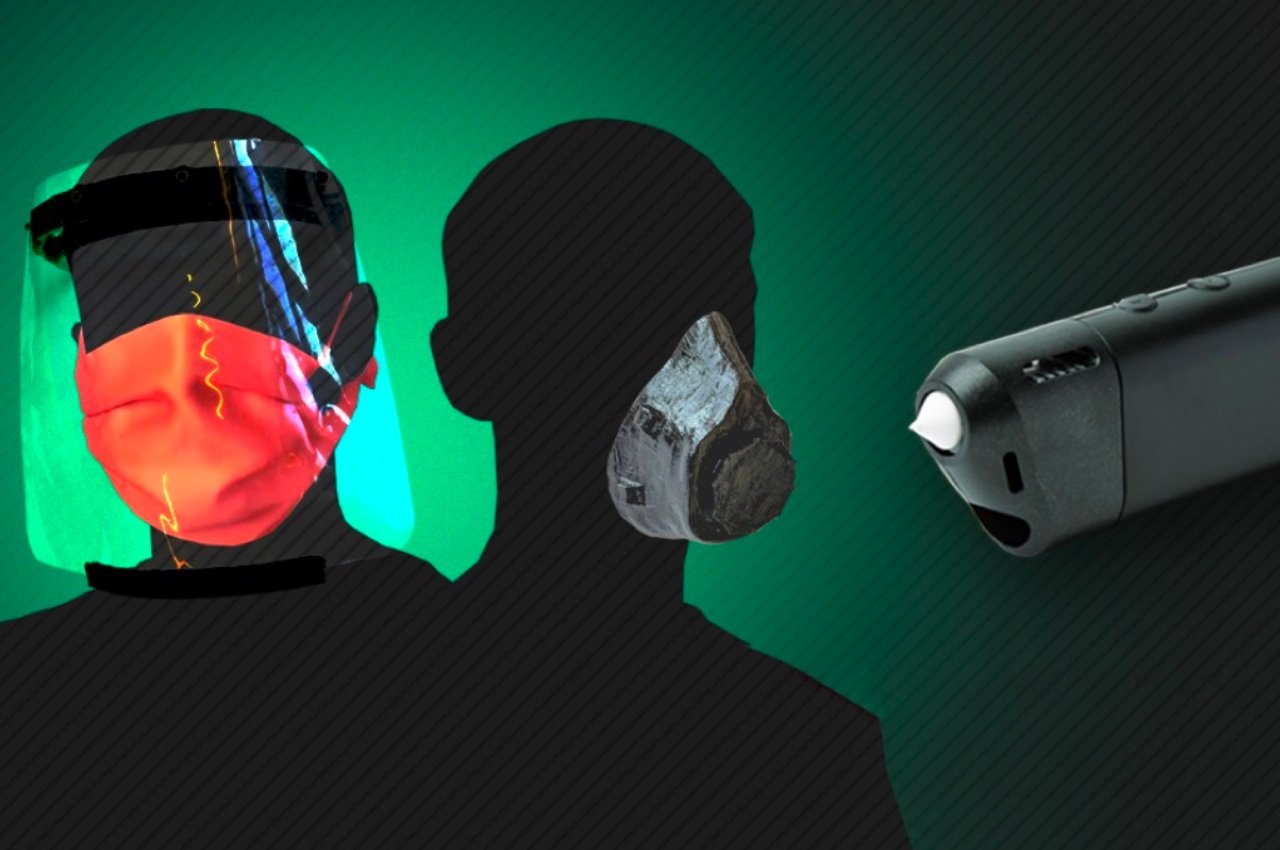
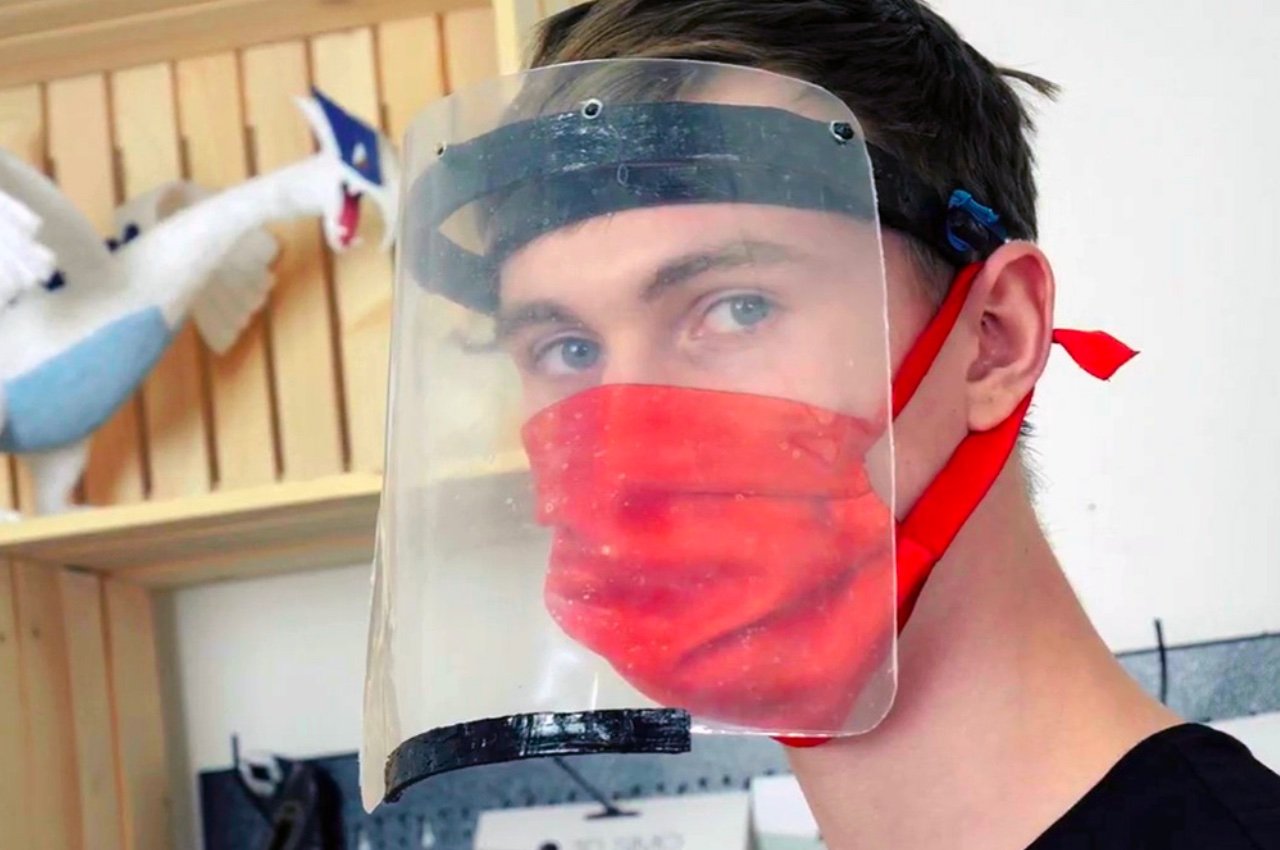
The MultiPro is a versatile $109 pen with the ability to cut, engrave, drill, etch, solder, and even 3D print using a variety of interchangeable heads that snap right onto the pen’s body. The pen, along with a bit of skill and 3Dsimo’s tutorials, enables you to repurpose everyday household items into quality wearable masks, and face-shields. The nose and mouth mask just requires a piece of cotton cloth that you can cut accurately with the pen’s cutting head. Switch to the 3D printing head to add dabs of plastic that help seal parts of the mask together creating a finished product that you can tie right around your face to filter out any particulate matter as you breathe. The face shield requires a fair bit of expertise, but 3Dsimo’s ever-expanding channel of YouTube tutorials and downloadable templates are more than sufficient to guide any novice through the process of building the shields from scratch.


